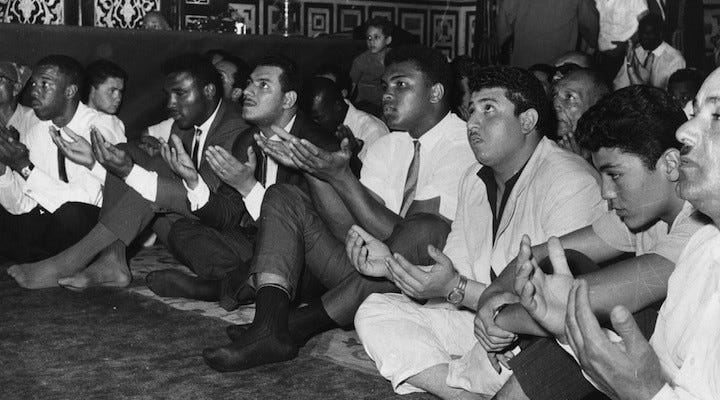‘The Trials of Muhammad Ali’ Review

Nonfics is now a newsletter! Please support documentary criticism by subscribing here: nonfics.substack.com.


Nonfics is now a newsletter! Please support documentary criticism by subscribing here: nonfics.substack.com.
